The Poetry of Disturbance: The Discomforts of Postwar American Poetry
In The Poetry of Disturbance, David Bergman argues that post-war poetry underwent a significant if subtle shift in emphasis, moving from the modernist concern with the poem as a visual text to one that was chiefly oral in nature. The resulting change was disturbing, especially for those brought up on the principles of high modernism. This new stress on orality implied a shift in the economy of the poem, away from the austerity of language advocated by Pound and Eliot to a style that conveyed freedom, expansiveness, and an innovative directness.
{{comment.content}}
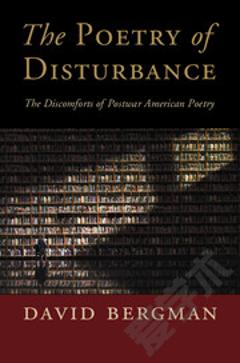
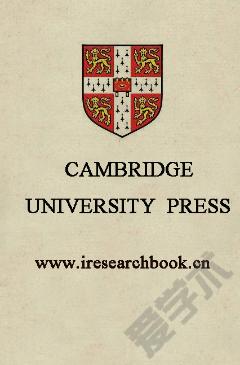
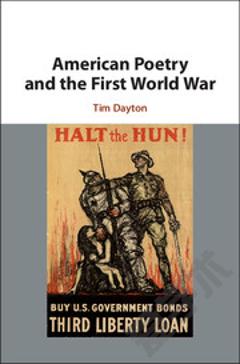
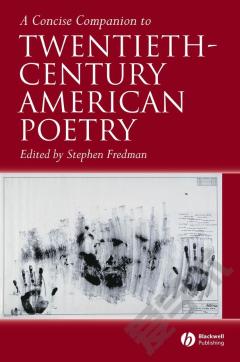

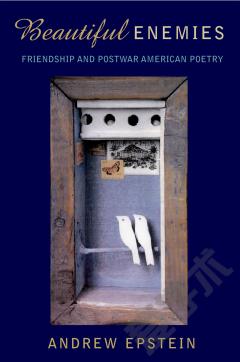


 京公网安备 11010802027623号
京公网安备 11010802027623号